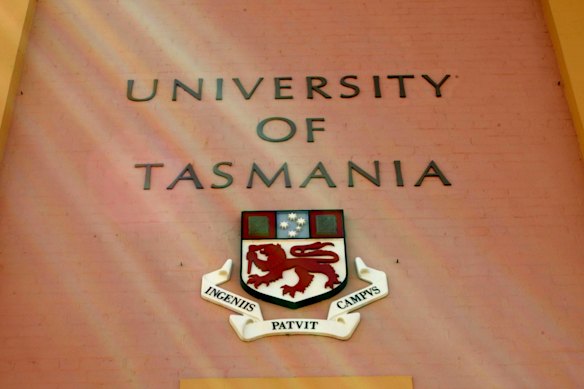Human specimens were collected, and in some cases publicly displayed, by a museum for decades without the knowledge or consent of families.
The University of Tasmania’s R. A. Rodda Museum collected remains from coronial autopsies from 1966 to 1991 for teaching and research purposes.

The University of Tasmania’s R. A. Rodda Museum collected remains from coronial autopsies.Credit: Gabriele Charotte
A coronial probe was launched in 2016 after the museum’s curator raised concerns three specimens had been kept without the consent or approval of the coroner or families involved.
The investigation’s final report, published today, confirmed 177 samples were kept by the museum without permission.
The handling of the remains was not in accordance with national standards, which were set up in 2002 but not acted upon by the Tasmanian government, coroner Simon Cooper said.
“The belated discovery that human remains were removed from autopsy and not returned to the body has been a source of pain for many families,” Cooper said.
Loading
University of Tasmania deputy vice chancellor for health Graeme Zosky said the organisation was deeply sorry for the sadness and hurt caused.
“University staff met personally with many families who were seeking further information and understanding of the history of this matter,” he said.
“We will carefully consider the coroner’s report to determine any further actions.”
It appeared one now-deceased forensic pathologist provided the large majority of the specimens to the museum, Cooper said.
The remains in question were removed from public display in 2018, before the coroner’s office spent years reconciling records to determine their origin.
In January, the names of 126 people whose specimens had been identified were published online and family members urged to come forward.
The coroner said 100 specimens were identified and disposed of in line with the wishes of families.
Remains that were unable to be identified have been respectfully disposed of.
AAP

